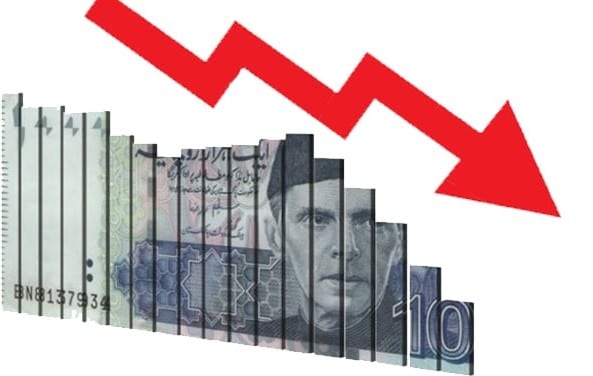S&P Global Ratings downgraded Pakistan’s credit score due to flooding, high inflation, country’s external, fiscal, and economic parameters.
S&P reduced Pakistan’s credit score from B- to CCC+, citing declining foreign reserves and political risks.
S&P analysts Andrew Wood and YeeFarn Phua noted that Pakistan’s already low foreign exchange reserves will remain under pressure through 2023.
The country has high political risks that could alter its policy next year.
Fitch Ratings and Moody’s Investors Service placed the country’s $7.8 billion in foreign debts seven notches below investment grade, the same as El Salvador and Ukraine. However, s&P improved Pakistan’s outlook to stable Thursday.
The government faces an economic crisis due to low reserves, a dollar scarcity, and a delayed IMF loan program. As a result, long-term dollar bonds continue to trade at distressed levels despite Pakistan’s $1 billion bond payment this month.
S&P said catastrophic floods, rising food and energy prices, and rising global interest rates could further reduce Pakistan’s economic and fiscal performance, creating medium-term refinancing issues.
Pakistan’s summer floods killed 1,700 people, swamped a third of the country, and halved its growth. Floods cost the economy $32 billion.






